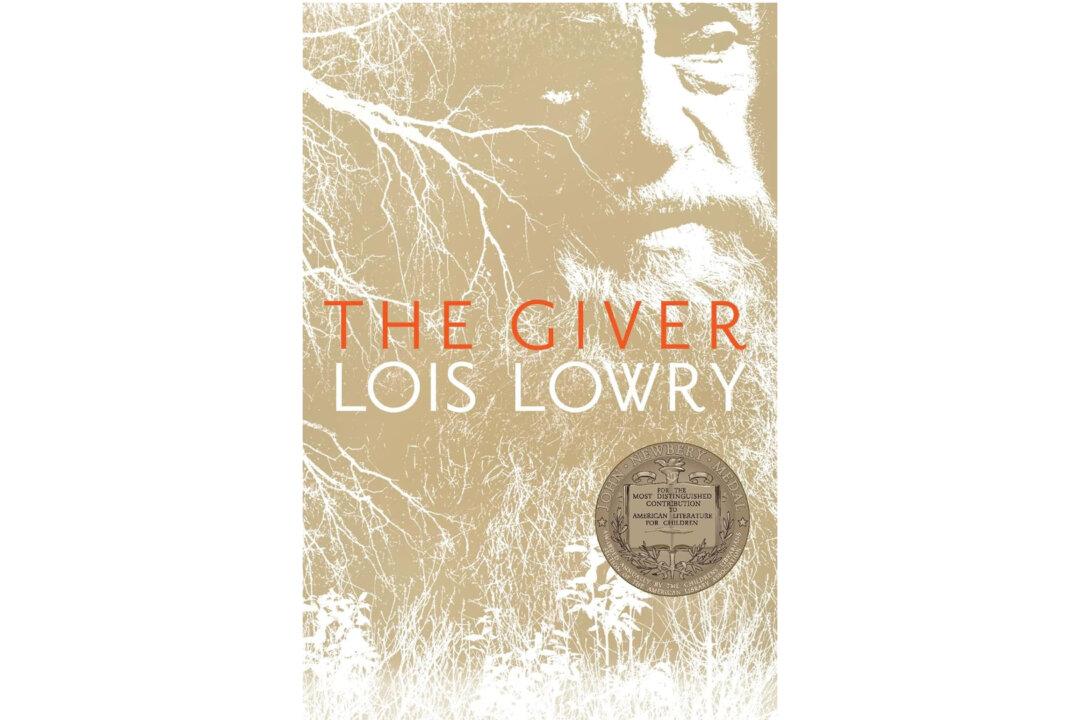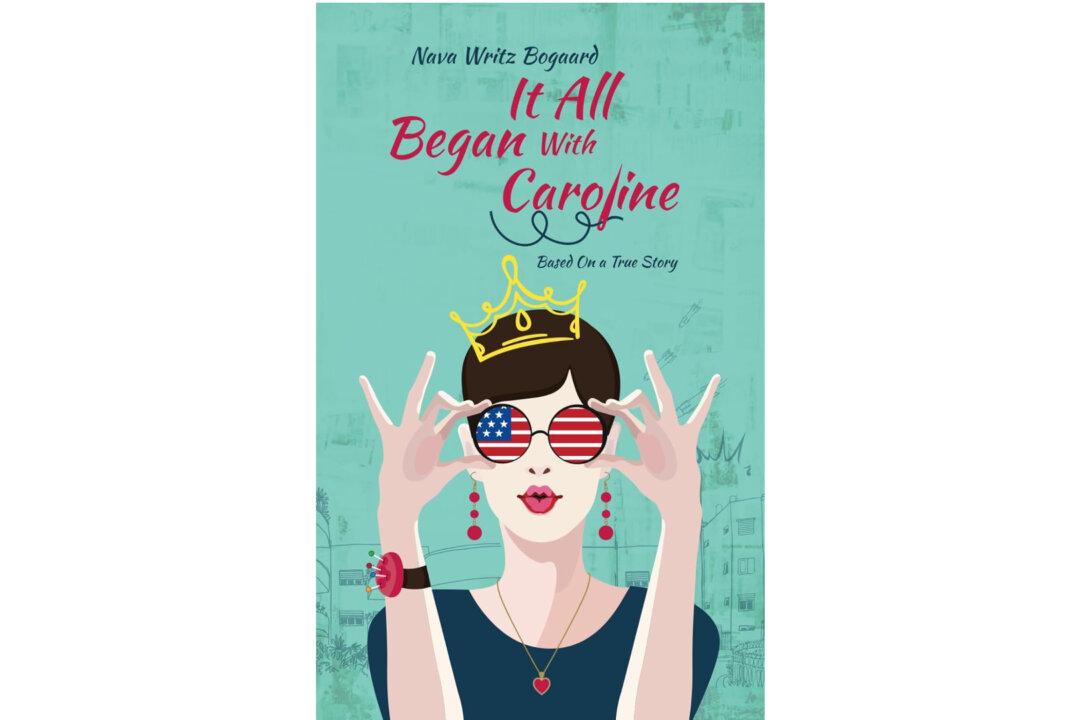“The Giver” won the Newberry Medal and for good reason. Its riveting plot skillfully combines suspense and emotional depth. While it’s technically a children’s book, that doesn’t make it any less of a great summer read. When you’re tired of beachside whodunits and predictable chick lit, pick up this thought-provoking short novel.
Ceremony of Twelve
The story starts with Jonas, a budding preteen who’s apprehensive about finding out the job he’ll have for the rest of his life at the upcoming Ceremony of Twelve. He lives in a society of similarity, called a “Community of Sameness.” Each family has the same number of kids (two), celebrates the same milestones (a bike at age 9), and follows the same routine (dinner followed by a ritual of sharing feelings). Even the terrain is the same: flat. Everything is controlled. Everything is safe.When his friends are assigned to positions like “Assistant Director of Recreation” and “Caretaker of the Old,” the Council of Elders skips Jonas. Was he forgotten? No. Jonas has been singled out by a strange old man, the “Receiver of Memory,” to begin a vague type of training for which the Chief Elder has no explanation. Neither does Jonas—but he doesn’t have to explain to anyone. He’s been forbidden from sharing about his new position, but more importantly, Jonas is given permission to lie.



